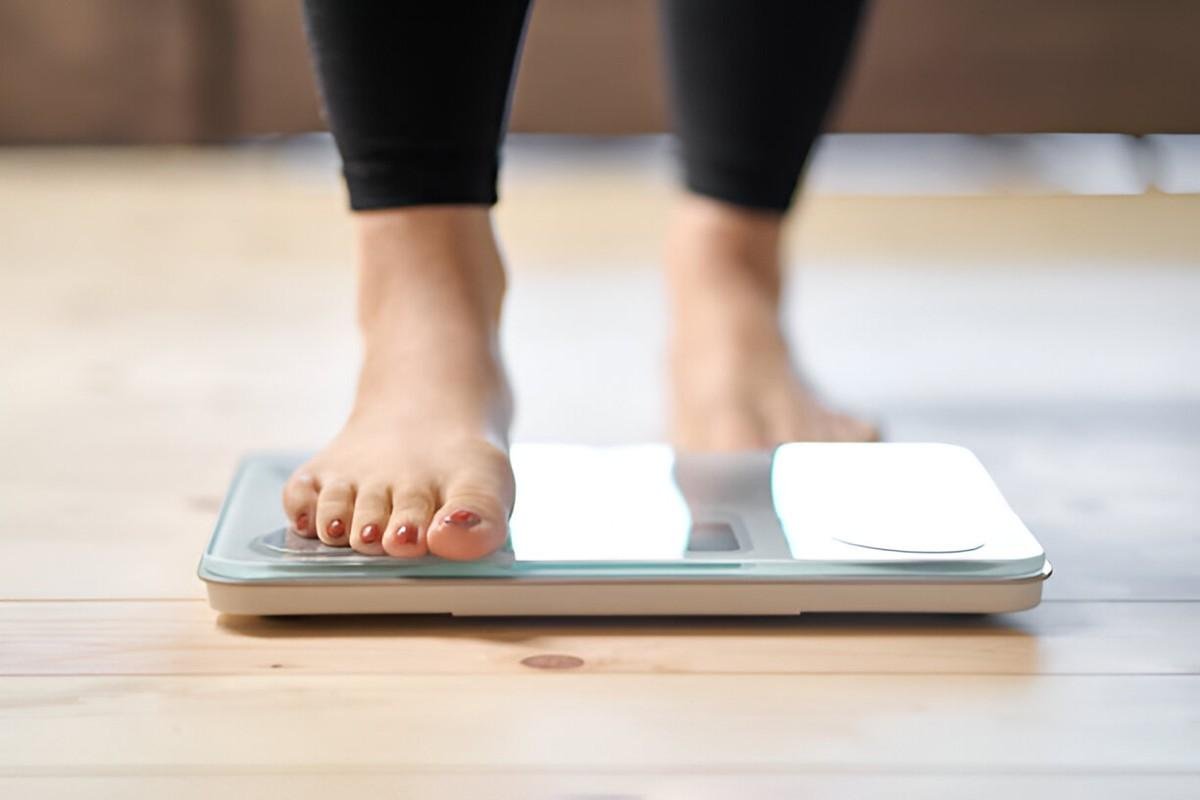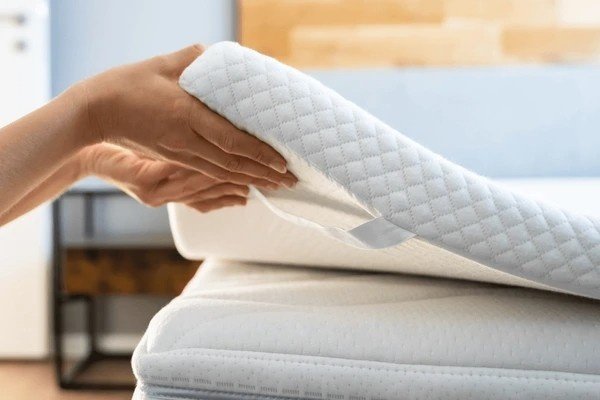When it comes to managing health, the details make the difference. One such detail often overlooked is the bathroom scale. While traditional scales give you a number, smart bathroom scales provide a deeper look into your body composition. With technology improving every year, these devices now offer metrics like body fat percentage, muscle mass, and even heart rate. If you’re considering a smart bathroom scale, let me walk you through what to look for, my experiences with different models, and why these tools might be worth the investment.
Table of Contents
Why Choose a Smart Bathroom Scale?
I’ve always believed that information is power, and when it comes to health, knowing your body metrics can guide better decisions. Smart bathroom scales go beyond weight. They help track progress, highlight trends, and integrate seamlessly with fitness apps. For anyone pursuing fitness goals or monitoring health conditions, these scales offer invaluable insights.
Features to Consider
Not all smart bathroom scales are created equal. Here’s what I’ve found most important while comparing models:
1. Body Composition Metrics
Some scales measure weight alone, while others analyze body fat, muscle mass, bone density, and hydration levels. For example:
| Metric | Description |
|---|---|
| Body Fat Percentage | Indicates the proportion of fat in your body compared to other components. |
| Muscle Mass | Helps you understand your lean muscle weight. |
| Bone Mass | Tracks bone density, important for those at risk of osteoporosis. |
| Hydration Levels | Shows how well-hydrated you are. |
2. Connectivity
Most smart scales connect via Bluetooth or Wi-Fi. While Bluetooth syncs directly to your phone, Wi-Fi enables data syncing even when your phone isn’t nearby. If you use multiple devices, Wi-Fi scales often provide more convenience.
3. App Integration
A good app can make or break your experience. Look for scales compatible with popular fitness apps like Apple Health, Google Fit, or MyFitnessPal. I’ve found that seamless integration saves time and keeps all your data in one place.
4. User Profiles
If you’re sharing the scale with family, check how many user profiles it supports. Some scales can store data for up to 10 users, automatically distinguishing between individuals based on weight and metrics.
5. Design and Build
Design matters. The scale should be sturdy, with a non-slip surface. If aesthetics are important to you, some scales come in sleek, modern finishes to blend with your bathroom decor.
6. Accuracy and Precision
Accuracy varies between models. I’ve tested scales that were spot on and others that gave inconsistent results. Reading reviews and comparing models is crucial here.
Comparison Table: Top Smart Bathroom Scales
To help you make an informed choice, here’s a comparison of popular models:
| Model | Key Metrics | Connectivity | App Compatibility | Max Users | Price Range |
|---|---|---|---|---|---|
| Withings Body+ | Weight, Body Fat, Water | Wi-Fi, Bluetooth | Apple Health, Fitbit | 8 | $100-$120 |
| Eufy Smart Scale P2 | Full Body Composition | Bluetooth | Google Fit, MyFitness | 16 | $40-$60 |
| Fitbit Aria Air | Weight Only | Bluetooth | Fitbit App | Unlimited | $50-$70 |
| RENPHO Smart Scale | Full Body Composition | Bluetooth | Samsung Health | Unlimited | $30-$50 |
My Experiences with Smart Bathroom Scales
When I first started using a smart scale, I wasn’t sure it would make much difference. But tracking my body composition over months showed patterns I wouldn’t have noticed otherwise. For instance, while my weight remained stable, my body fat decreased, and muscle mass increased. This reassured me that my workout routine was effective.
I tested multiple models to understand what worked best. The Withings Body+ stood out for its accuracy and Wi-Fi syncing. On the other hand, the RENPHO Smart Scale offered incredible value, especially if you’re on a budget.
Benefits of Smart Scales
- Motivation: Watching metrics improve over time can keep you motivated.
- Personalization: Understanding your unique metrics helps tailor fitness plans.
- Long-term Tracking: The ability to look back at trends offers insights into your health journey.
- Family-Friendly: Multi-user support makes these scales great for households.
Limitations to Keep in Mind
No technology is perfect. Here’s what I’ve noticed:
- Accuracy Issues: Some scales struggle with precise body fat readings. Take these numbers as trends, not absolutes.
- App Dependence: Without a good app, the data feels scattered and less useful.
- Price Range: Premium models can be expensive, though budget-friendly options exist.
How to Use a Smart Scale Effectively
- Consistency is Key: Weigh yourself at the same time each day, preferably in the morning.
- Barefoot and Dry: For accurate readings, use the scale barefoot and ensure the surface is dry.
- Regular Syncing: If your scale uses Bluetooth, remember to sync it often to avoid data loss.
- Context Matters: Metrics like body fat can fluctuate due to hydration, meals, or exercise.
Frequently Asked Questions
Are smart scales worth the money?
For most people, yes. They provide a more complete picture of your health than traditional scales. If you’re tracking fitness goals or managing health conditions, they’re invaluable.
Can smart scales be used by everyone?
Generally, yes, but they’re not recommended for people with pacemakers or pregnant women due to the electrical current used for body composition analysis.
How accurate are body fat measurements?
Body fat readings can vary. Use them to track trends rather than focusing on single readings.
Conclusion
Choosing the best smart bathroom scale depends on your needs, budget, and preferences. Whether you’re a fitness enthusiast or simply want to stay on top of your health, these tools offer insights that a traditional scale can’t. I’d recommend starting with a model like the Withings Body+ if you want premium features or the RENPHO Smart Scale for a budget-friendly option. No matter which you choose, the key is consistency and understanding that health is about progress, not perfection.





